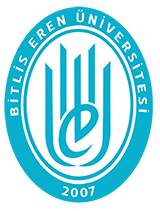The Effectiveness of Advanced Machine Learning Models in IQ Prediction in the Context of Education, Health, and Socioeconomic Indicators
Abstract
This study investigates the effectiveness of advanced machine learning models in predicting IQ levels using a diverse set of socioeconomic and health indicators from global databases such as WHO, the World Bank, and United Nations organizations. The research employs various algorithms, including Linear Regression, Random Forest, Gradient Boosting, Support Vector Machines, Ridge and Lasso Regressions, XGBoost, LightGBM, and a Stacking Regressor to capture both linear and non-linear relationships. Evaluation metrics such as Mean Absolute Error (MAE), Root Mean Square Error (RMSE), and R-squared (R²) reveal that LightGBM and Stacking Regressor models excel in accuracy and generalization. The study highlights the trade-off between model interpretability and predictive power, emphasizing that simpler models offer greater transparency. In contrast, more complex models successfully capture intricate interactions among education, health, and economic factors. The findings provide valuable insights for policymakers and researchers, suggesting that machine learning approaches can significantly enhance understanding of the determinants of IQ and aid in developing targeted strategies in education and social policy.
Collections

DSpace@BEU by Bitlis Eren University Institutional Repository is licensed under a Creative Commons Attribution-NonCommercial-NoDerivs 4.0 Unported License..













